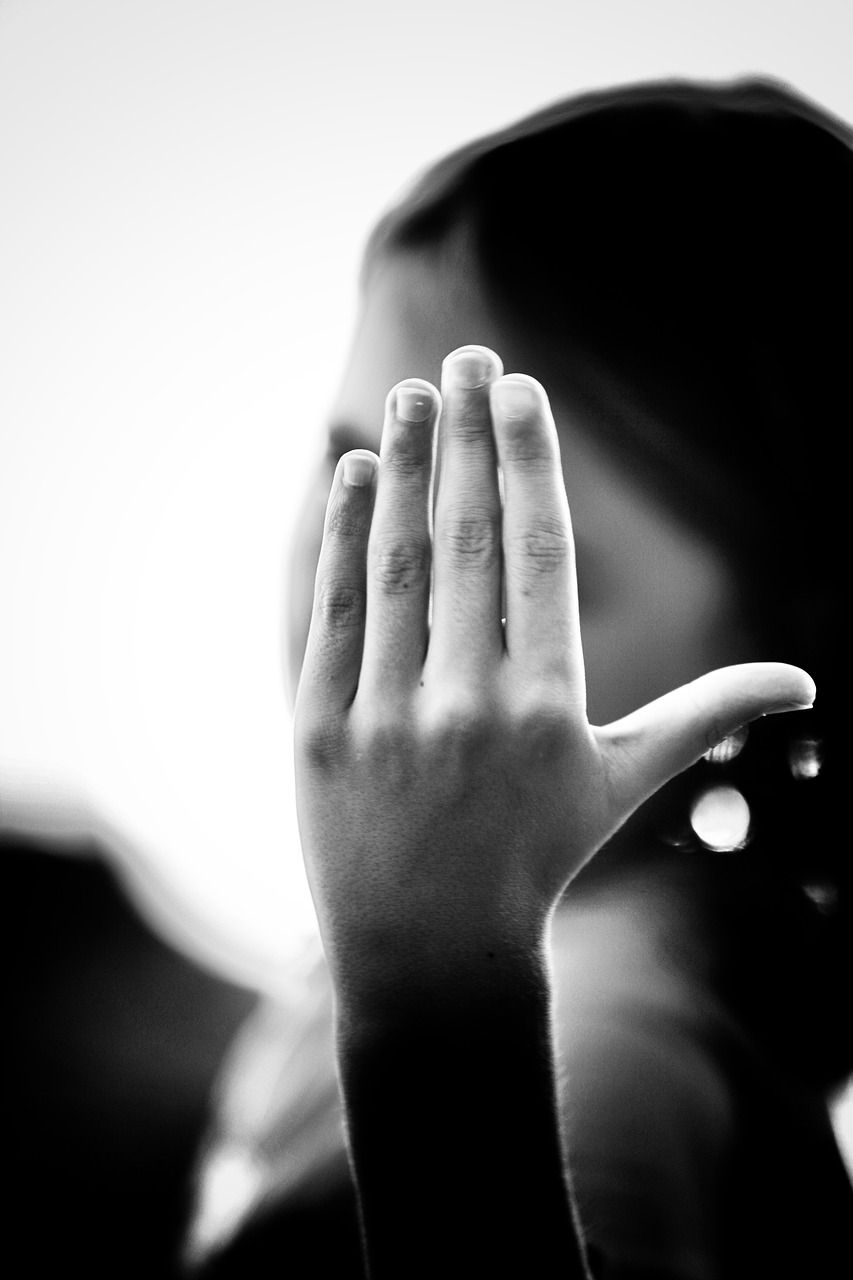
Sweeping Out From Under the Rug: Domestic Abuse Awareness in the Jewish Community
There’s good news and there’s bad news. The bad news is, domestic abuse is a problem in the Jewish community. The good news is, as a spate of recent articles show (because October happens to be Domestic Violence Awareness Month), the community is acknowledging the problem and trying to do something about it, rather than sweeping it under the rug as has been the typical reaction to such “shandas” in the past.
Here in the U.S., the Jewish Alliance to End Domestic Abuse [JAEDA] is taking part in a multi-faith effort to end domestic violence, using religion — which has sometimes been a factor in keeping women in abusive marriages — as a means to address the issue. “Domestic abuse,” [JAEDA] chairwoman Ellen Woll told the St. Petersburg Times, “is just as prevalent in the Jewish community as in any other, but women tend to stay longer and don’t necessarily go to agencies for help.” Her group aims “to raise awareness of domestic violence in the Jewish community and to strengthen Shalom Bayit (peace in the home) through education and advocacy programs.” JAEDA is also focused, along with the multi-faith effort based in Florida, on training clergy — who are often the first advisers religious women seek out — to deal with issues of domestic abuse. It’s tricky territory because religion can be a double-edged sword when it comes to these matters:
Faith for many women is “what keeps them alive in the darkest hours. It’s also what may keep them in a relationship that might kill them,” said Linda Osmundson, executive director of Community Action Stops Abuse, or CASA, founded by a Roman Catholic nun, the late Sister Margaret Freeman.
The same could certainly be said of Jewish women.
But the tide seems to be turning in that regard. There has been a major rise in reporting of domestic violence among the ultra-Orthodox community in Israel, which, being more insular than more left-leaning sectors of the Jewish community, has perhaps been worst about suppressing such matters in the past. Ynet News has the details:
The number of calls made to hotlines for victims of domestic violence in the Orthodox community has increased three-fold over the past few years, Yedioth Ahronoth reported Thursday.
The number of haredi women who called the hotlines jumped from 477 in 2004 to 1,402 in 2007, while the number of women who were housed in shelters for battered women each month nearly doubled, from 24 to 40 on average.
The increase is seen as the result of more rabbis taking a firm stance against wife-beating and encouraging women to seek help and report abuse, and of women’s increased awareness about the dangers of domestic violence. There is also a network of shelters designed specifically for haredi women.
The problem is also being acknowledged, but not adequately addressed, in a different segment of the Israeli population — Ethiopian immigrants. There have been a disproportionate number of spousal murders by Ethiopian men, the result, reports the JTA, of various social conditions that make life in Israel particularly difficult for Ethiopian men, who’ve had a hard time adapting:
In Ethiopia, men were the undisputed heads of their families. In Israel, however, they often are slower than their wives and children to adapt and learn Hebrew, and in turn they have trouble finding work. Often they find themselves adrift in a modern society they find alien and in which their own families begin to see them as weak and unimportant.
“We never heard of women being murdered like this in Ethiopia,” says Negist Mengesha, director general of the Ethiopian National Project. “In Ethiopia there were traditional tools for dealing with conflicts.”
In Israel, many Ethiopian immigrants say, there aren’t enough social workers who speak Amharic or enough social services to adequately address the needs of the community.
Interestingly, while the Ethiopian and haredi communities seem very different, and while spousal murder has not been as much of an issue in the haredi community, the patriarchal structure of Orthodox life has been one of the factors in keeping domestic abuse in the closet for the ultra-Orthodox. What has made things better are the changing attitudes of their leaders and the increase in services to help women in need. Perhaps that kind of change from within the Ethiopian community, along with increased social services from the Israeli government, is what is needed.
–Rebecca Honig Friedman




2 comments on “Sweeping Out From Under the Rug: Domestic Abuse Awareness in the Jewish Community”
Comments are closed.